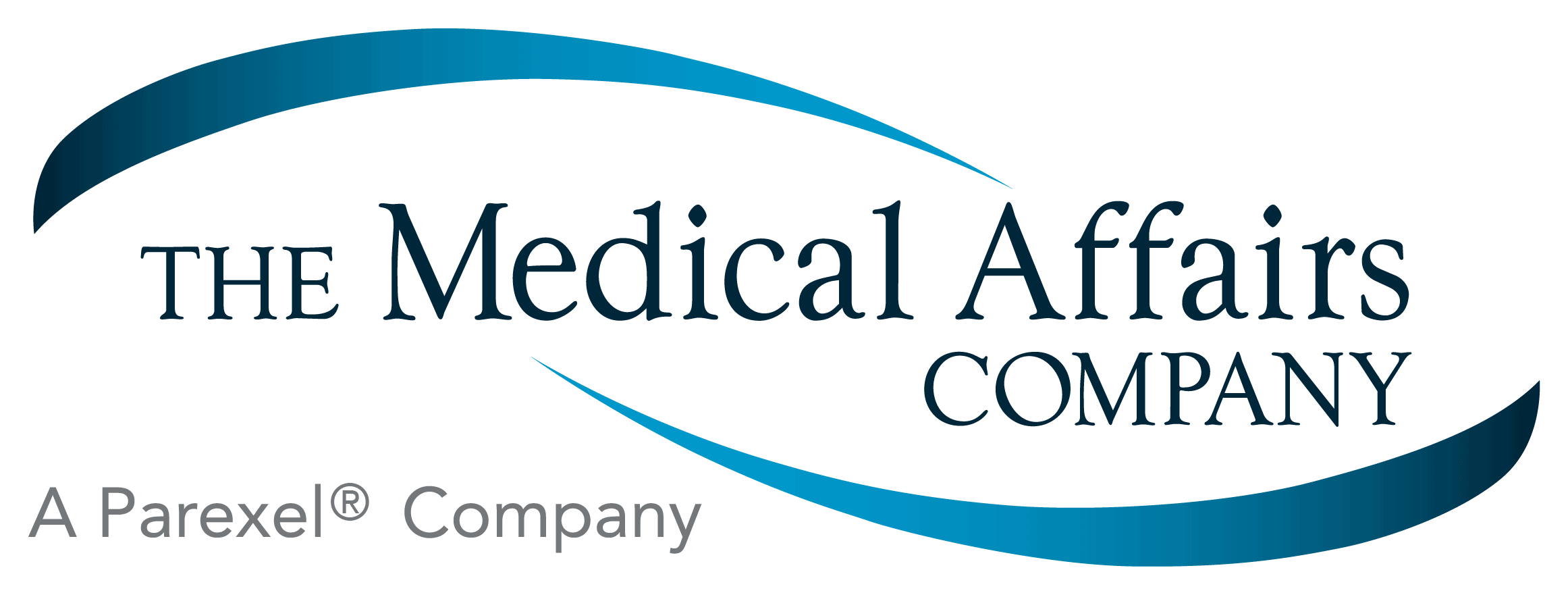
One interesting development is that many companies now clearly delineate between which activities an MSL can engage in proactively and which activities are specifically allowed only reactively. Even more interesting is the wide variation between what is acceptable and what is not as you move from company to company. Some activities, such as responding to unsolicited requests for information, are clearly reactive only activities without exception but many other traditional MSL activities such as journal article discussions and KOL meetings are now viewed as reactive only activities or have strict rules and guidances limiting what, when and with whom these activities can take place. In the strictest of environments, all MSL engagements with healthcare providers must be reactive in nature; however, the greatest majority of companies allow MSLs some degree of proactive engagement with specific groups of healthcare providers such as identified KOL’s. To preserve the scientific integrity of the MSL organization, it is important to have a firewall between the medical and commercial teams; the question is how tall and thick should the firewall be and what type of activities constitute appropriate scientific exchange and which border on promotion disguised as education.
I am very interested to hear from MSLs and others out there:
• What activities does your organization allow proactively and which are reactive only?
• What level of documentation is required to engage in a reactive activity?
• What do you feel is the right mix between proactive and reactive activities in the daily life of the MSL?








